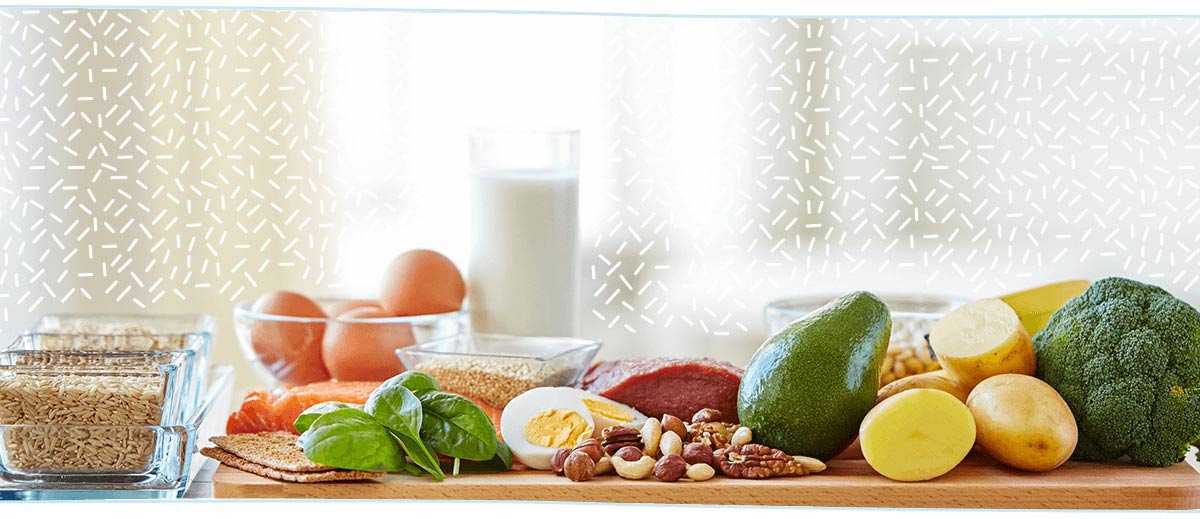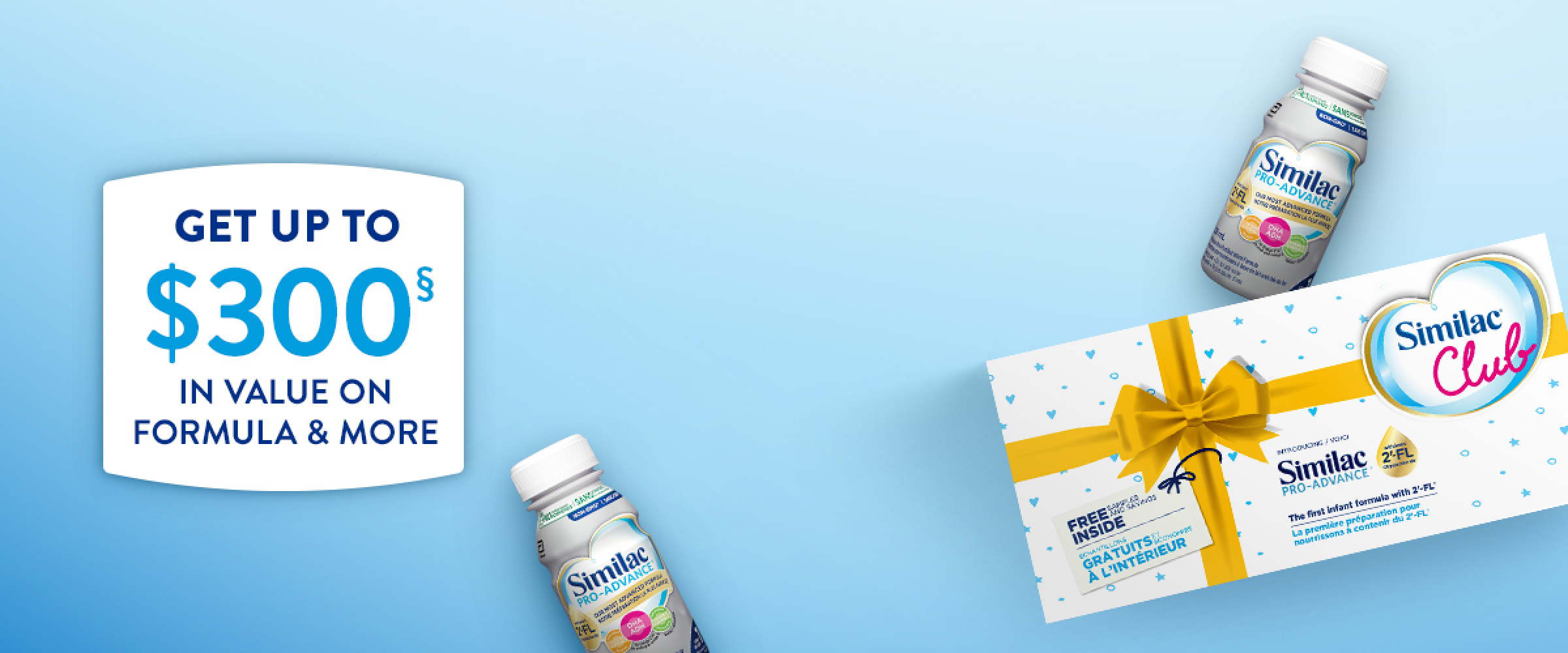Role/Benefits: Iron intake during pregnancy is critical. Your body produces more red blood cells to supply oxygen and nutrients to your developing baby and to support your baby’s normal brain development. In the 3rd trimester, your baby will be stocking up his iron stores to make sure he has enough for the first 6 months of his life.
Iron is one of the most critical nutrients in the prevention of complications for mom and baby. If you are not getting enough iron, you may feel very tired and may also be more prone to getting sick. Iron deficiency can cause maternal anemia, premature delivery, and even low birth weight.
A daily supplement containing 16 to 20 mg of iron is recommended during pregnancy. Ask your health care professional about the dosage that is right for you.
Pregnancy superfood sources include: Meats, seafood, poultry, fish, iron-fortified cereals, iron-fortified pasta, nuts and seeds, dried fruits, prune juice, eggs, dried beans, and dark green leafy vegetables.
When choosing non-meat sources of iron, serve them alongside vitamin C-rich foods to enhance iron absorption.





